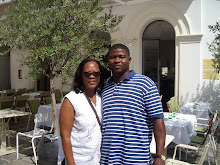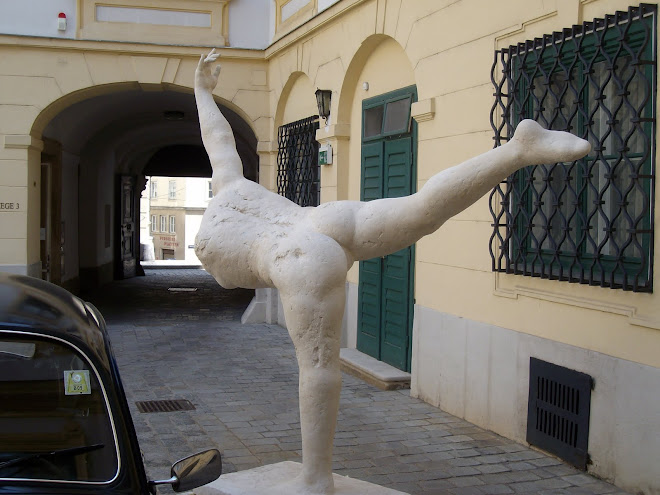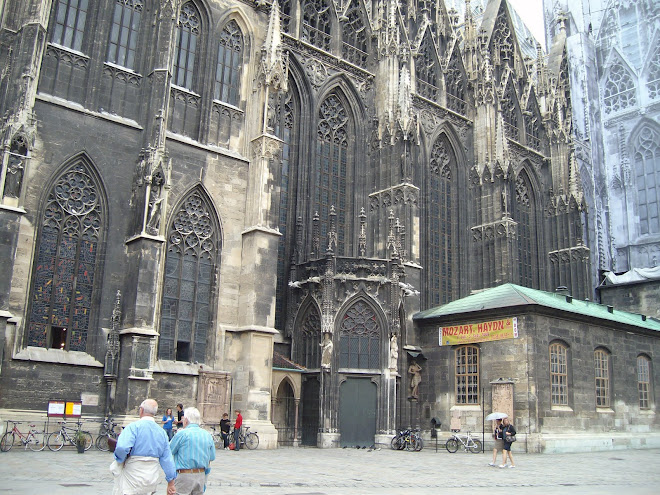
It’s funny how some things that seem so normal to you are completely alien to others.
Yesterday I returned from a week in Madrid, there to attend a leadership for non-profit executives course designed by
Harvard University Kennedy School of Government. Everyday while there, the “mixed salad” at lunch featured one lone white asparagus on the plate. It was the spark of many conversations.
“I think they left it in the jar too long.”
“No, that’s when the asparagus is peeled.”
“What is it? I’ve never seen that before.”
Actually, as some of the German and Austrian participants (including me) chimed in, the white asparagus is actually a delicacy in some parts of Germany and in most all of Austria. According to www.asparagus.au: White asparagus has long been considered a delicacy, particularly by Europeans and commands about double the price of green asparagus. White asparagus is exactly the same variety as green asparagus. The difference is that white asparagus is grown in the dark. When as spears are exposed to sunlight, they first turn pink and later, the familiar green color. (Personally, I stay far away from white asparagus - it looks grotesquely phallic to me!)
On the other hand, Spain itself is way outside what most would consider the “norm.”
Many people in Madrid go to work at 9 a.m. and break for lunch between 2 and 5 p.m. they return to work at 5 and end at around 8:30. That means that the vast majority of restaurants
in this spectacular and diverse city do not open until 8:30 or 9 p.m. Dinner then lasts until 11 p.m. or so. For most of us, this late-night routine wreaks havoc on our system. But for Spaniards, it’s the norm.
Spain is lovely in that when you enter a cafe and order beer, you get free food. Yes – free food. This food is known as tapas. It is the main reason that my husband loves Spain so much. It is also the reason that he can sort of wait until 8:30 or 9 to have dinner.
When going to Madrid, prepare for a few things: late opening times for dinner, the fact that many
Spaniards do not speak English and lots of walking (a good thing!).







